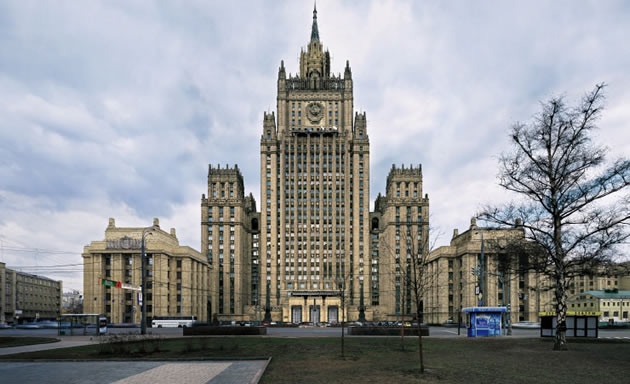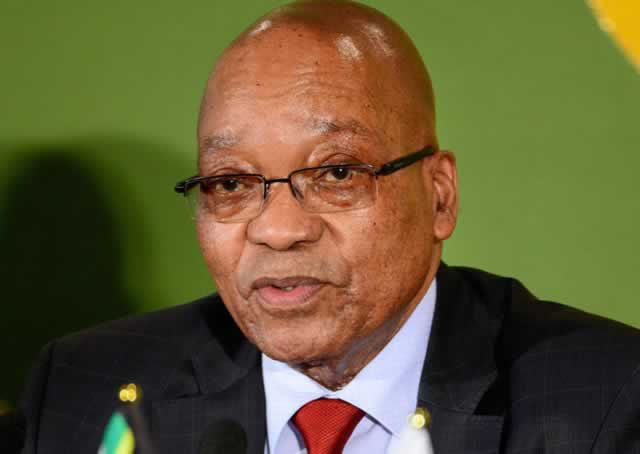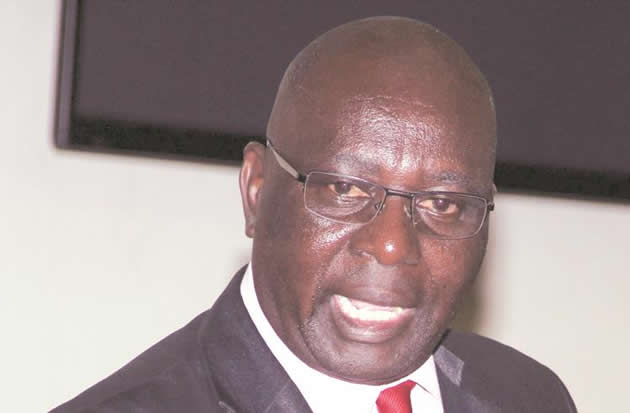Russia celebrates Diplomats’ Day

 MOSCOW. — This professional holiday was established by Decree of the President of the Russian Federation of 31 October 2002 for the 200 years of Russia’s Ministry of Foreign Affairs.
MOSCOW. — This professional holiday was established by Decree of the President of the Russian Federation of 31 October 2002 for the 200 years of Russia’s Ministry of Foreign Affairs.
The choice of the date of this holiday was not arbitrary — it is related to the history of the Ambassadorial Department (or “Posolsky Prikaz” in Russian).
The earliest mention of the first Russian Foreign service falls on this day of 1549. Though the history of national diplomacy is much more ancient and goes back to the first landmark bilateral act of the IX century — the Agreement “On peace and love” of 860 with the Byzantine Empire, as a result of which Russia was first internationally acknowledged.
Since those times the diplomatic service was formalised as a state office and acquired a special status.
The Ambassadorial Department successfully managed Russia’s foreign policy throughout XVI-XVII centuries.
During this period first permanent diplomatic missions abroad were opened.
In 1718-1720 Emperor Peter the Great transformed it into the Collegium of Foreign Affairs, where the constellation of talented diplomats laid down the basic principles of the Russian foreign policy. Finally, in 1802, the modern form of foreign policy management — the Ministry of Foreign Affairs — was created by the manifesto of the Emperor Alexander I.
After the October Revolution of 1917, pursuant to the Decree of the 2nd All-Russian Congress of Soviets on the establishment of the Council of People’s Commissars of 26 October (8 November), the People’s Commissariat for Foreign Affairs (PCFA) was established.
However, in March 1946 the USSR foreign service returned to its previous name — the Ministry of Foreign Affairs.
Currently the organisational structure of the Ministry and its functions are determined by the Regulations of the Ministry of Foreign Affairs of the Russian Federation approved by Decree of the President of the Russian Federation of 11 July 2004.
This year, the holiday will be observed against the backdrop of growing global turbulence, international tensions, increasing conflict potential at the global and regional levels and an unprecedented upsurge of the terrorist threat. Numerous serious conflicts in Syria, Iraq, Yemen, Libya and Ukraine continued and even got worse.
Many African countries remain destabilised. All this created what can be referred to as a “crisis landscape.” All of that was further aggravated by the risks of interfaith tensions and deepening inter-civilisational rifts, which are extremely dangerous for our entire civilisation.
In these conditions, the constructive course of the Russian Federation is especially relevant.
This course is based on international law, the UN’s central role, collective methods of resolving the key problems of modern times, and the recognition of national identities and the right of nations to decide their future themselves.
- The Article was prepared by the Embassy of the Russian Federation in the Republic of Zimbabwe.










Comments